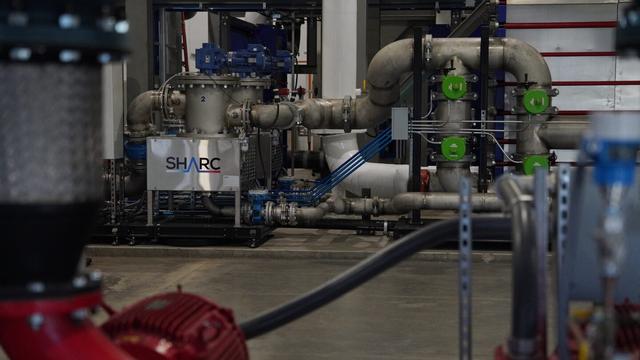2026-02-24 11:48:07
UK gov. wilfully misses the point:
“Food security is national security, and our high degree of food security is built on both strong domestic production and imports through stable trade routes. This government is investing billions in the development of new technology to increase yields or create climate-resilient crops, streamlining regulation, and helping farmers produce food for the nation.”'
‘Tinderbox’ UK may be one shock away from food riots.
